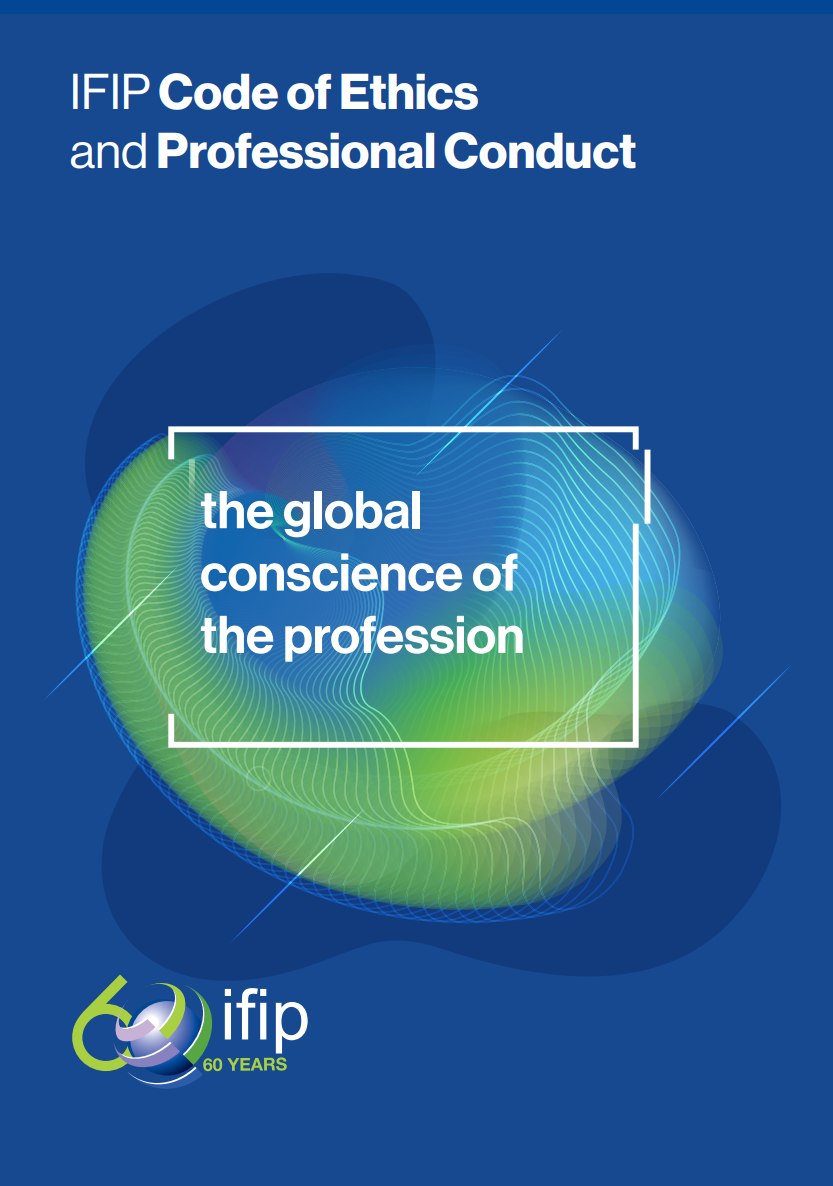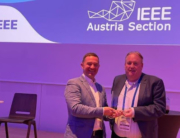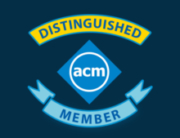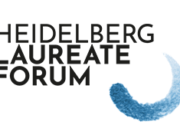Code Sets New Standards for Ethical and Professional Conduct by ICT Practitioners
IFIP, the global professional body for people working in the ICT sector, has announced the launch of its new Code of Ethics and Professional Practice.
IFIP President, Professor Mike Hinchey, said the new Code of Ethics provides a much-needed global standard for the fast-moving technology sector.
“With the COVID pandemic expediting the uptake of new and emerging technologies around the globe, the IFIP Code of Ethics is a timely reminder of the need for technologists to always conduct themselves ethically and professionally,” he explained.
“Technology today underpins almost every interaction, communication or business transaction so it’s critical that it performs reliably and that users can trust the people who create, support and maintain it.
“The IFIP Code can serve as a template for our member societies to update their own codes or can be adopted alongside their local codes. We’ve already had ICT professional societies in Finland, Japan, South Africa and The Netherlands advise that they are planning to adopt part or all of the new code,” Professor Hinchey said.
International Ethics Experts Lead Project
 The IFIP Code of Ethics was developed by a Task and Finish Group comprising international experts from across IFIP. They used the ACM Code of Ethics as their starting point, engaging in a two year process of extensive consultation and review to ensure the final code was truly global in its intent and application.
The IFIP Code of Ethics was developed by a Task and Finish Group comprising international experts from across IFIP. They used the ACM Code of Ethics as their starting point, engaging in a two year process of extensive consultation and review to ensure the final code was truly global in its intent and application.
The Task and Finish Group included:
- Professor David Kreps (Chair), who also chairs IFIP’s Technical Committee 9 – ICT and Society);
- Professor Don Gotterbarn, a globally respected ethics researcher who chairs the ACM Code Update Committee, as well as leading IFIP’s Special Interest Group 9.2.2 on Frameworks for Codes of Ethics;
- Moira de Roche, chair of IFIP’s International Professional Practice Partnership (IP3) and IFIP Board member; and
- Margaret Havey of CIPS, representing the IFIP Member Societies Assembly.
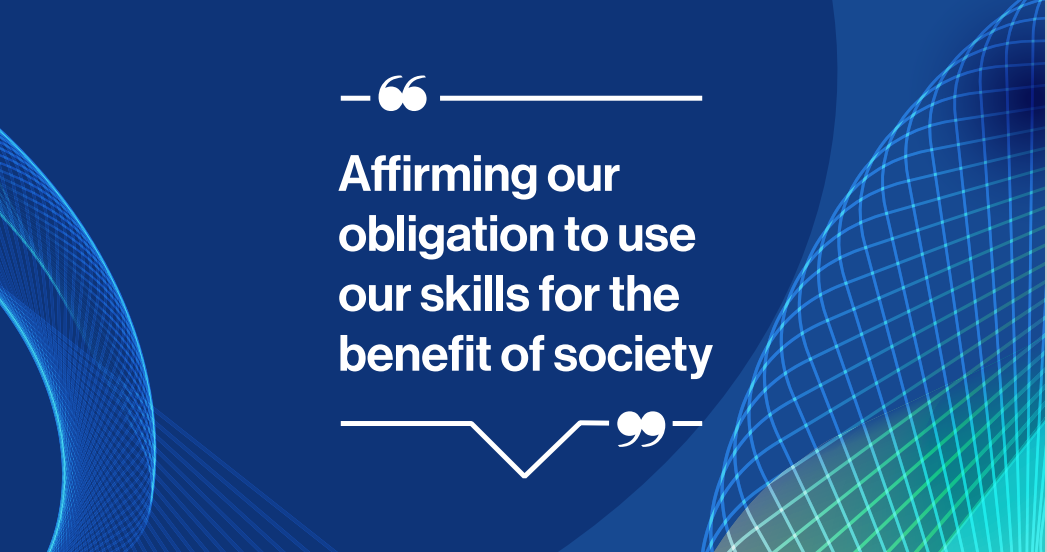 IP3 Chair, Moira de Roche, said ethics are an essential hallmark of professionalism.
IP3 Chair, Moira de Roche, said ethics are an essential hallmark of professionalism.
“Everything revolves around ethics and the attitudes and behaviours that ICT practitioners engage in when designing and implementing ICT systems and solutions,” she said.
“As the guardian of professionalism within IFIP, IP3 is delighted that we now have an excellent code that can be an exemplar for the whole world, including our member societies, governments and the business community.”
Ms de Roche said IP3 is keen to work with governments and businesses around the world to operationalise the code and integrate its principles into their workplaces.
“We want to see ethics become an integral part of every organisations’ technology DNA so that as new technologies like AI and big data have an ever-increasing impact on the way we live and work, that the needs of consumers will not be overlooked,” she said.
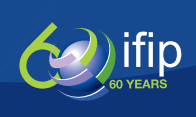 The IFIP Code of Ethics and Professional Practice was endorsed by the IFIP General Assembly at its final meeting late last year and is now available on the IP3 website.
The IFIP Code of Ethics and Professional Practice was endorsed by the IFIP General Assembly at its final meeting late last year and is now available on the IP3 website.
IFIP has also developed a series of case studies to provide context and help illustrate the kinds of situations which can become problematic if ethical issues are not considered.

